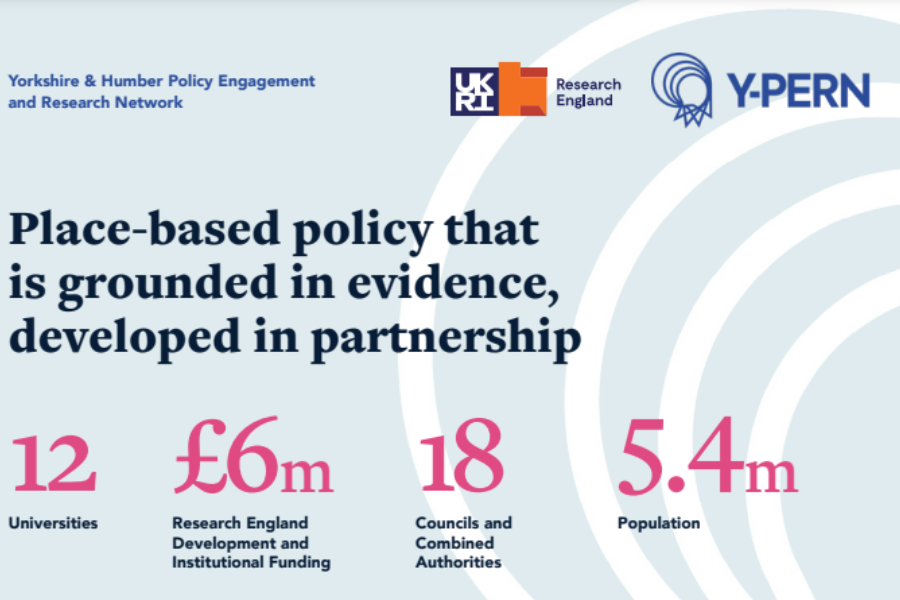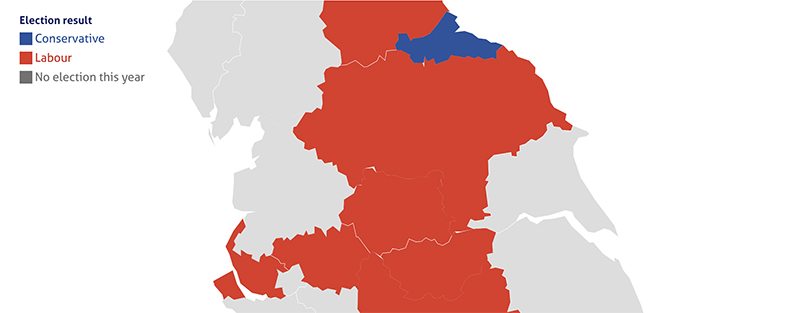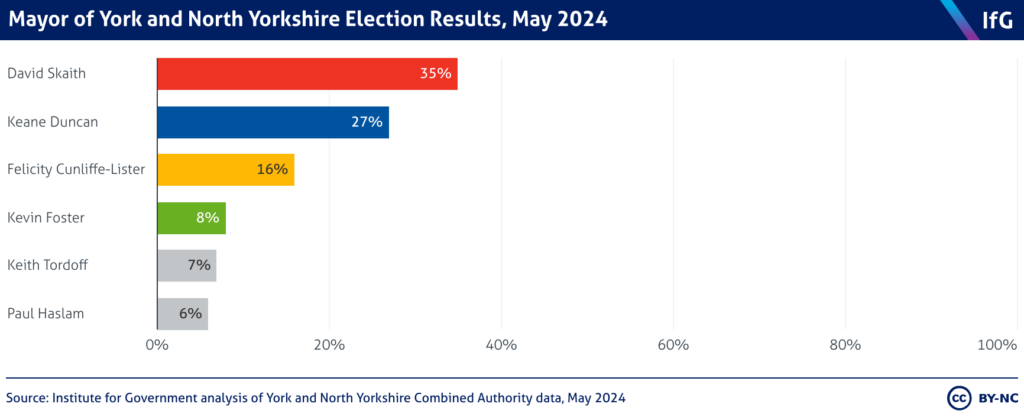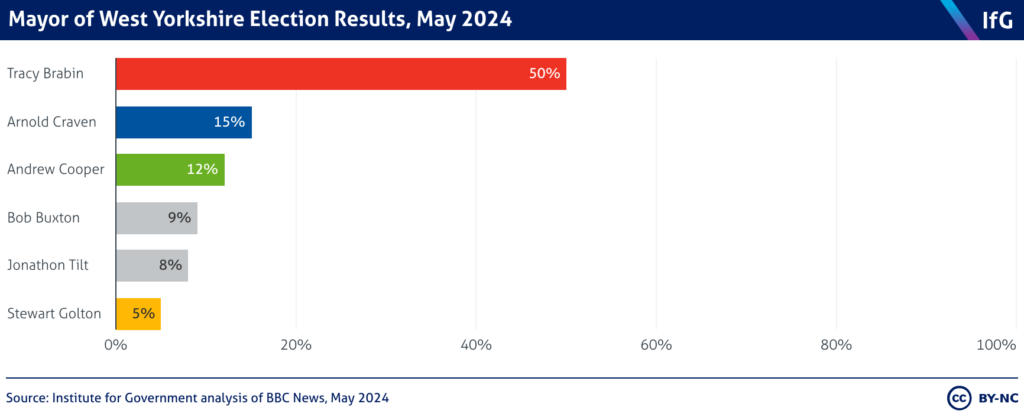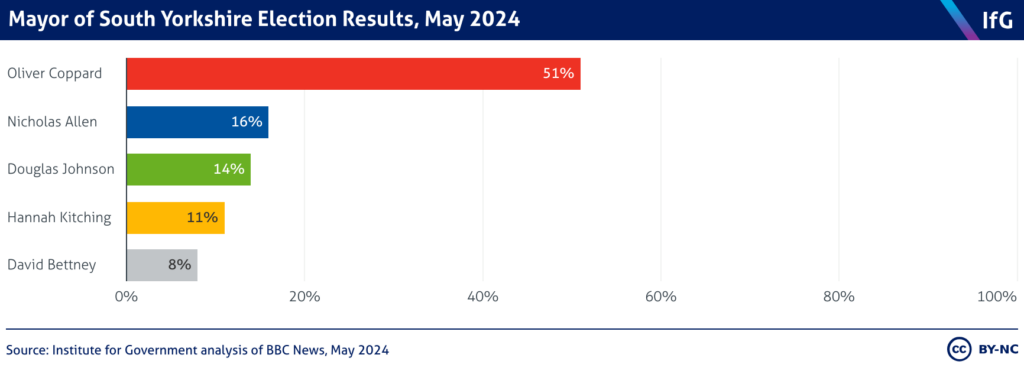Connecting creative musical talent with regional opportunities is the aim of a new network delivered by Y-PERN partners Leeds Conservatoire and West Yorkshire Combined Authority (WYCA).
It brings together everyone in the region’s music industry, from creative organisations and freelancers to venues and communities.
Launched by Mayor Tracy Brabin in collaboration with Leeds Conservatoire, Come Play With Me, and CREATEBritain, the regional network will be a central hub for music industry professionals to share knowledge and insight, create opportunities and collaborate.
Open to creatives at any career stage, the network will encourage inclusivity across West Yorkshire’s music sector, with activity tailored towards underrepresented groups and those facing barriers to opportunities. It will also seek to attract national music sector activity at conferences and events across the region, while supporting creatives to represent West Yorkshire at national and international music events.
The West Yorkshire Music Network is part of Mayor Tracy Brabin’s £2.3 million ‘You Can Make It Here’ programme, designed to support and drive growth across the region’s creative sector.
Tracy Brabin, Mayor of West Yorkshire, said:
“We’re giving a voice to music professionals in West Yorkshire, and helping them to collaborate on opportunities and unleash their full potential.
“There is so much talent and ambition in our region, and this network will help to drive opportunities, growth and inward investment.
“This new network is an opportunity for our incredible musicians and backstage creatives to thrive in their careers, as we work to build a stronger, brighter West Yorkshire that works for all.”
James Warrender, Head of Strategic Partnerships and Enterprise at Leeds Conservatoire, said:
“The aim is for the network to be diverse and representative of the brilliantly broad variety of music related activities that take place within the region.
“It’s an opportunity to bring existing networks together with new voices, really promote the success stories, but to also unite in solving the challenges.”
Tony Ereira, CEO of Come Play With Me CIC, said:
“There is such a wonderful mix of diverse music adjacent activity happening on our doorsteps here in West Yorkshire and I am so excited about how the Network can celebrate everyone involved, introducing opportunities locally, regionally and nationally – be they a large music organisation with a huge team or a freelancer juggling multiple roles.
“At a time when arts funding and education is in a critical condition across the country, having been undervalued nationally for years, we really value the Mayor and Combined Authority recognising the need to give the music sector a much-needed voice to come together and demonstrate the significant potential it has to add value across the region.”
Jeremy Aird, Founder, CREATEBritain, said:
“At CREATEBritain, our goal is to help energise and network creatives at every level across the country and work with ambitious partners like West Yorkshire to deliver real goals for real people.
“Together we are lighting the fuse on a fantastic new community – West Yorkshire Music Network. A place for anything and everything music related to thrive, a critical local resource that also delivers nationally and globally.
“Driving real change and creating opportunity for all of our musicians starts with bold, unapologetic creativity and a platform that can grow and deliver the features they need to succeed.”
Further ‘You Can Make It Here’ initiatives in the pipeline include opportunities for young people to boost their skills and progress into creative roles, while businesses and freelancers will benefit from investment, expert advice and training to unleash their potential.
To find out more and join the West Yorkshire Music Network click here

